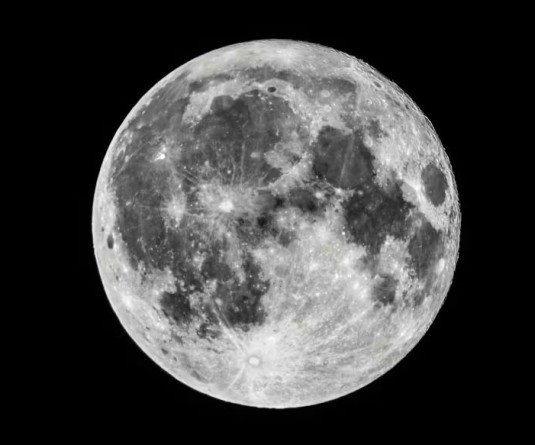
[Angami-Naga Folktale]
Morûsa was a handsome and wealthy. Above all, he was a great warrior. Such qualities made him popular not only in his village, but he was known by young and old even in the neighboring villages. He was unmarried. However, there was no girl in his village who could measure up to his expectations of a wife of a great warrior like Morûsa. So his female relatives began to gather news of young eligible, nubile girls in the neighboring villages and learn that there’s an exceptional girl called Mehouviû in another village. Now Mehouviû and Morûsa were oblivious of each other’s appearance. But she has heard of him. In fact, she had had dreams that she was eating and drinking at Morûsa’s place. After some time, the household of Morûsa sent representatives to Mehouviû’s place and attained the consent of her parents to give her hand in marriage. A date was fixed, whereupon Mehouviû would go to Morûsa’s village. This information about the specific date was given to the bridegroom’s household. Now he does not know Mehouviû nor to which village does she belong. Morûsa decides that the day before his betrothed reaches his place, he will go for head-hunting so that he will serve his village to the ceremonial feast of rûprie*. He wants his bride to see with her own eyes the prestige and honor that he enjoys as a warrior in his society. However, Morûsa was at lost as to where he would go hunting because his village had made friendly pacts with its neighboring villages. But due to ill-luck, that day, he could not find warriors with whom he could combat and whose head he could take home. So he was compelled to turn his steps towards villages in search of casualties. In this way, he entered a village, but all he could find was only little children whom he didn’t want to kill. Then he saw a girl alone in her house doing household works. So he entered into her house, killed her and severed her head. Triumphantly, he carries the head home, and in the evening, he invited his entire village for the ceremonial feast. The people gather around his front yard feasting and anticipating the coming of Morûsa’s bride. Time passed but Morûsa’s bride did not turn up. Soon the terrible news came that Mehouviû had been killed and beheaded by a warrior when she was alone in her house that day. It so happened that since she was going to be married, Mehouviû had stayed home that day so that she could sort out her belongings and finish the necessary household chores before leaving her parents home for her husband’s village. It was in this condition that Morûsa found her and beheaded her. The truth then dawned; the warrior was none other than Morûsa himself who had gone and killed his own wife-to-be and had borne the head home. Morûsa realized to his anguish that he had no other to blame for this tragedy but himself.
* A ceremonial feast that follows a successful head-hunting
Background Amongst the many themes, both at personal and universal levels, the above folktale reflects the glory and as well as the tragic consequences of head-hunting practice in the olden days. It also reflects the Aristotelian concept of ‘hamartia’ in a tragedy. Here, vanity is the tragic flaw which brought about the downfall of the protagonist. It conveys the universal moral lesson that pride goes before a fall.
Compiled and translated by Kevizonuo Kuolie Research Scholar, Department of English, Nagaland University, Kohima in 'Journal of Literature, Culture and Media Studies', Vol-I Number 2 (Winter) July-December 2009.






